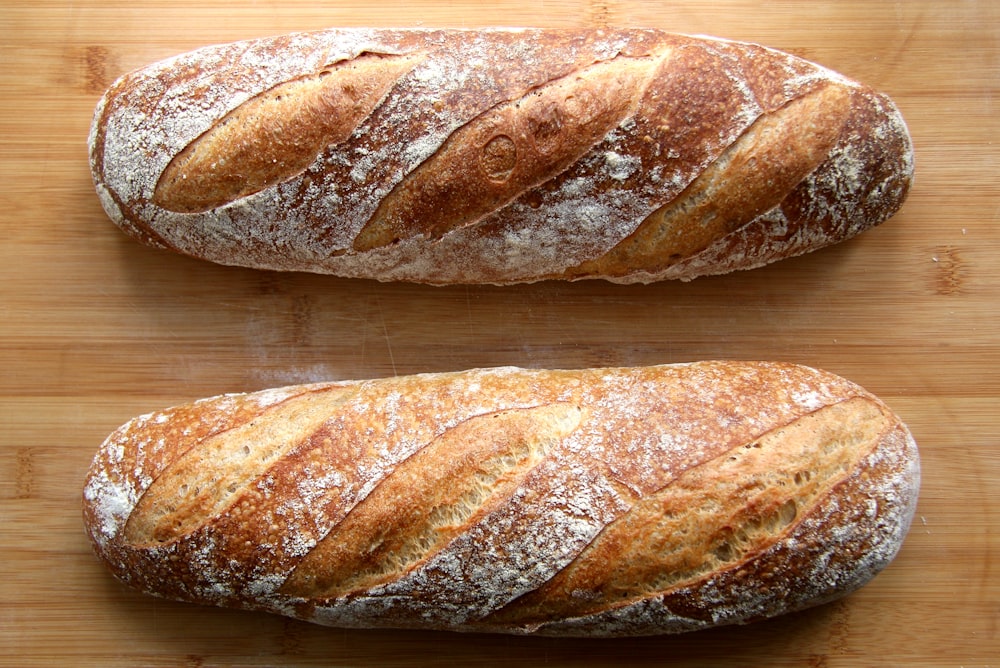Free-Talk Topic: The Surprising Origins of 3 Words for "Woman"

Did you know that "girl" used to refer to both girls and boys? Or that the word "lady" might come from "loaf"?
International Women's Day is coming up on March 8th, so if you're looking for fun facts to share and discuss with students this week, tell them about the fascinating stories behind the words "girl," "lady," and "woman"!
1. Girl
Today, "girl" refers to a female child. However, before the 16th century, it usually just meant "child." To get an idea of why this might be, look at this painting. How many boys do you see?

Most people will say "one." But the second child from the left (the one wearing a red dress) is actually a boy named "James." He's wearing a dress because, at the time, he wasn't old enough to wear pants like his brother Charles in the middle.
As scholar Jennifer Higginbotham explains:
[M]ale and female children were relatively undifferentiated before the age of seven when breeching ceremonies began the initiation of boys into masculine culture.
In other words, until boys were "breeched" or put in pants, people didn't treat little boys and girls very differently. This partly explains why having only one word for all children ("girl") was OK!
2. Lady
These days, "lady" is another word for a woman. But did you know that this word is most likely related to "loaf"?

According to the Oxford English Dictionary, "lady" originally meant "female head of household." It's a combination of "loaf" and "dige" (meaning "someone who kneads dough").
Meanwhile, "lord"– which originally meant "male head of household" – comes from "loaf" and "ward" (meaning "guard").
So "lady" originally meant "someone who makes bread" and "lord" "someone who protects bread."
3. Woman
"Woman" is what we call female adults. Contrary to popular belief, the word isn't made of the words "man" and "woe" or "womb." It's a combination of "wif" and "man."
- "Wif" originally meant "woman." This meaning still lives on in Scottish English as well as a few words in modern English today. For example, the word "midwife" refers to a woman – married or not – who helps other women give birth.
- "Man" usually meant "person" or "human being" in Old English.
"Wif" and "man" combined into "wifmann," "wiman," and eventually "woman."
👋 That’s It For Now!
We hope you enjoyed these fun facts and are excited to share some of them with your students! Happy International Women's Day!
